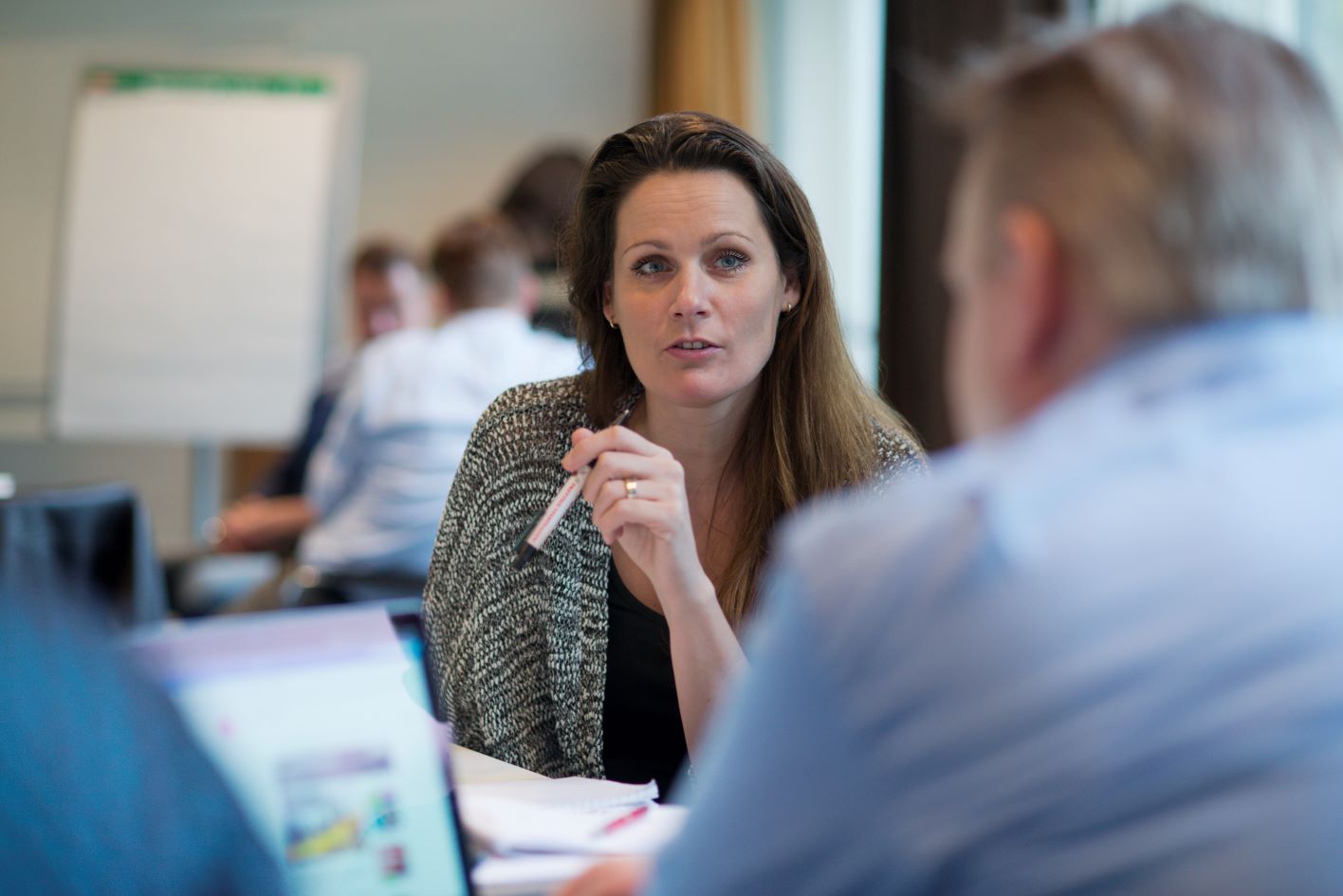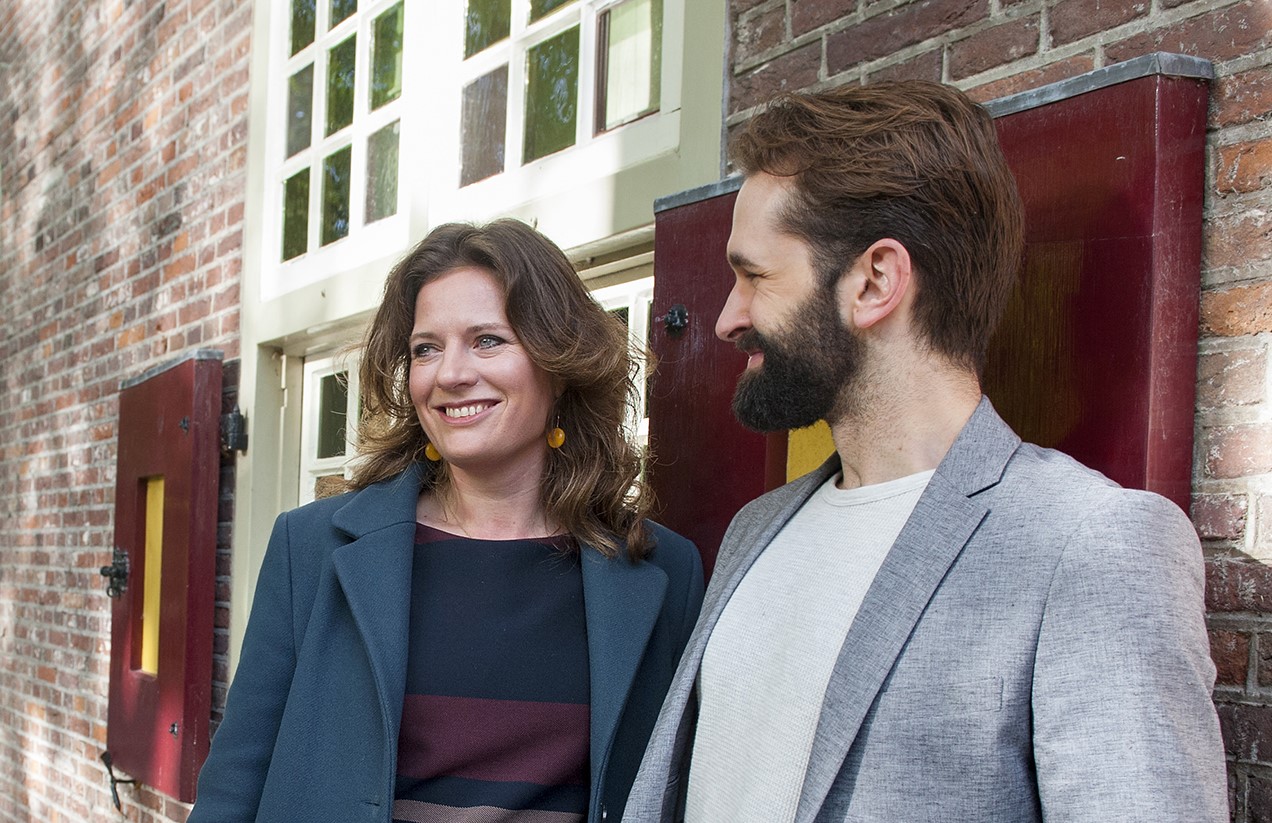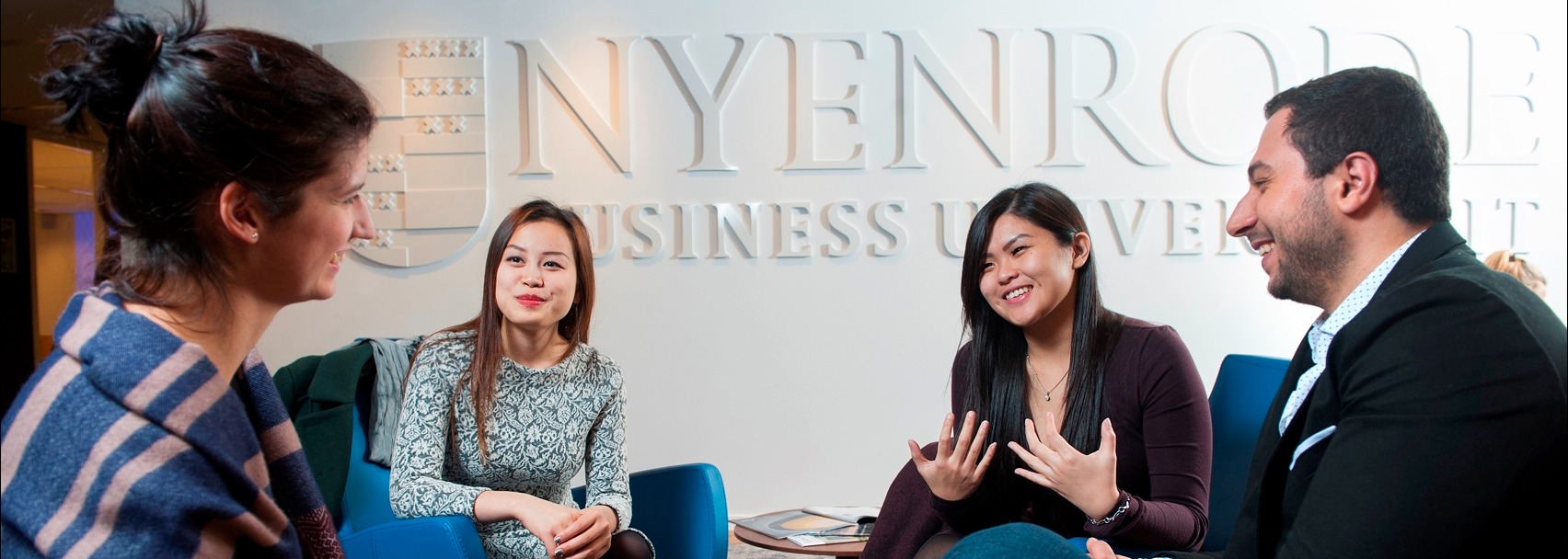“Things are going well economically: we will once again see increased earnings next year. But if you take a closer look, you’ll see that the current flexible job market is causing uncertainty, stress and tension among employees. This requires a different mindset when it comes to HRM. After all, organizations benefit from healthy, motivated and skilled people.” This was the message shared by Prof Dr Pascale Peters today during a speech to mark her appointment as Professor of Strategic Human Resource Management at Nyenrode Business Universiteit.
“Employees nowadays are facing excessive demands not only at work, but also in their private lives. Future workers will be affected by this trend as well. As a result, the risk of burnout problems is steadily increasing. The solution lies in a different and more sustainable approach to HRM that focuses on health, motivation, knowledge and skills.” Peters has three key recommendations: ask and find out what your employees really need, ensure that your policy is inclusive and focus on prevention rather than a cure.Theories from the 1920s
Current HRM is still based on principles that date back to the 1920s. “In those days, we thought that workers could be motivated with more attention. The idea was that making people more productive is not a problem, as long as they enjoy their work. That approach went well for many years, but the current flexible and individualized job market in which people have to take control of their own career now poses a threat to their health, especially because modern employees have more to do in a day than just work. Examples include informal care, education and training, housework and volunteering, by both men and women,” Peters says.“Employers do not acknowledge this enough,” she adds. “Productivity is often the only thing that counts, and this is not sustainable in the long term. At the moment, 40% of the working population is already at risk when it comes to workloads. This is also true for employees with good working conditions: 27% of them feel that their work is becoming more intense (Eurofound, 2017).” In short: if organizations are doing well, this does not automatically mean that their employees are doing well, too. Organizations do not pay enough attention to workers’ specific needs, and that leads to resistance, as seen in the health care sector.
Three recommendations
So what is the answer, according to Peters? “Look at what employees really need to reduce stress and achieve a better work-life balance,” she gives as her first recommendation. “Get out from behind your desk and talk to each other. Also make sure that you focus (more) on prevention. People often take their health for granted until they experience burnout. Finally, ensure that you have an inclusive policy: don’t just focus on the ‘high potentials’ that will allow you to score in the short term, because burnout problems occur at all levels.”Sustainable HRM takes courage
The solution therefore lies in a different approach to HRM. This is easier said than done, as Peters explains: “It takes courage to go against the current pursuit of efficiency and short-term thinking. This also means that you must be willing to provide customized options, including the right resources and good policy. That could entail allowing time and flexibility for informal care, or offering education and training to flexible staff. But the extra work should not fall upon colleagues’ shoulders, of course. Don’t be afraid to communicate with clients and tell them that the deadline needs to be pushed back. After all, sustainable HRM requires solidarity, flexibility and collaboration between all parties in the job market.”Here you can read Pascale's inaugural lecture as an article with an update added (March 2021). (in Dutch)
Documents
-
Publication date 1/16/2020File size 574 KB
Tags
Related programs
-
Change Management and Organizational Development
Start date: 24 september, 2026Language:- Dutch
Location:- Breukelen
This module is only given in Dutch. Please visit our Dutch site.
View program
-
Change Management and Organizational Development
Start date: March 9th 2026Language:- Dutch
Location:- Breukelen
This module is only given in Dutch. Please visit our Dutch site.
View program
-
Change Management and Organizational Development
Start date: March 26th, 2026 & September 16th, 2026Language:- English
Location:- Breukelen
The module Change Management and Organizational Development is part of the Modular Executive MBA Business & IT and focuses on managing in a changing organization.
View program
